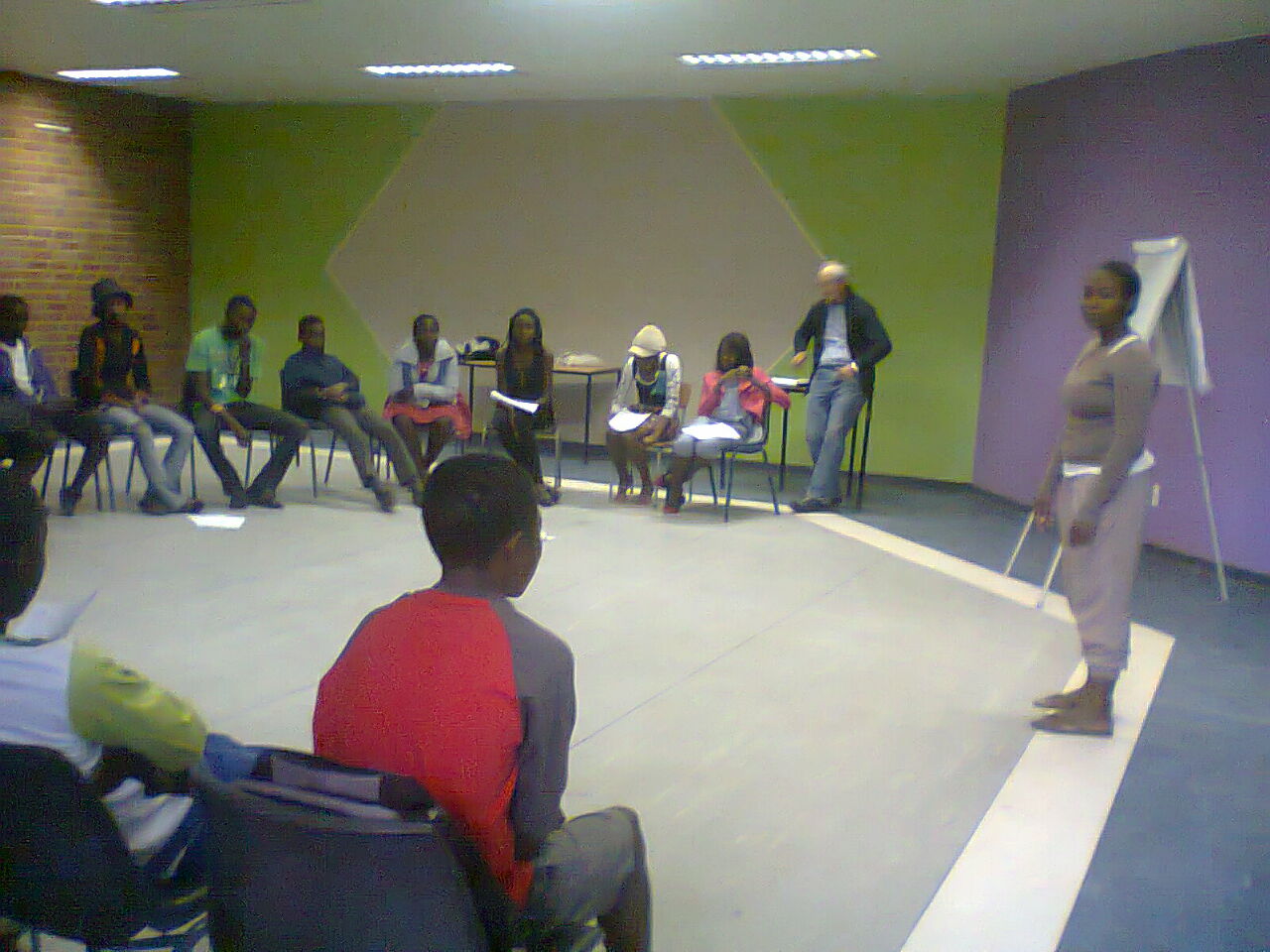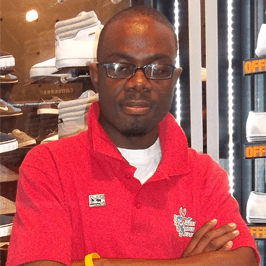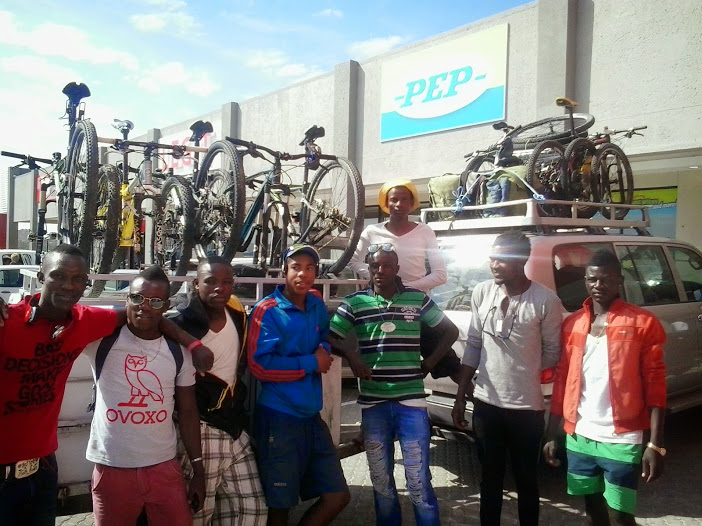Friday, 12 April 2013
To turn Katutura from “the place where we do not want to live” into
Oruveze Putukara, a “place where we stay"
Katutura, located in Namibia’s major urban center and capital, Windhoek, was a township created by apartheid, and administered in the past by an exceptionally rigid machinery of the apartheid era. During Namibia’s apartheid rule, policies and laws based on ‘racial’ distinctions served to entrench economic and political inequality and helped guarantee ‘black’ people’s economic and social marginalisation. In contemporary times, in the eyes of non-residents, Katutura is stigmatized as a place filled with crime and disobedience, and is therefore not attractive to visit or to experience. Such perceptions contribute to the existing disparity in Namibia where the wealthy are isolated from the poor.
Katutura encapsulates a deep rooted history that entails the people’s struggle and achievements in overcoming various barriers that exist for the marginalized of our society. In a modern setting, although crime and poverty are more prevalent in Katutura, the character of this location can not only be defined by such negative aspects. Many activities that do take place in Katutura are not appreciated enough nor are they given a place within our society.
Nationally, 68% of the total Namibian population is youth and 70% of youth is unemployed. Katutura and its outlying informal residential areas are a home to more than 60% of total city residents, with unemployment rates reaching 30%. Moreover, 71% percent of the population in Katutura’s informal areas live below the subsistence level (N$860 per month) while the figure drops to 32% in its formal areas.
Especially relevant to P.A.Y. are statistics pertaining to academics: the national pass rate for secondary education is 46% while in Katutura it is 37%.
P.A.Y.’s mission is to use education and sports to turn Katutura from “the place where we do not want to live” into a “place where we stay”.
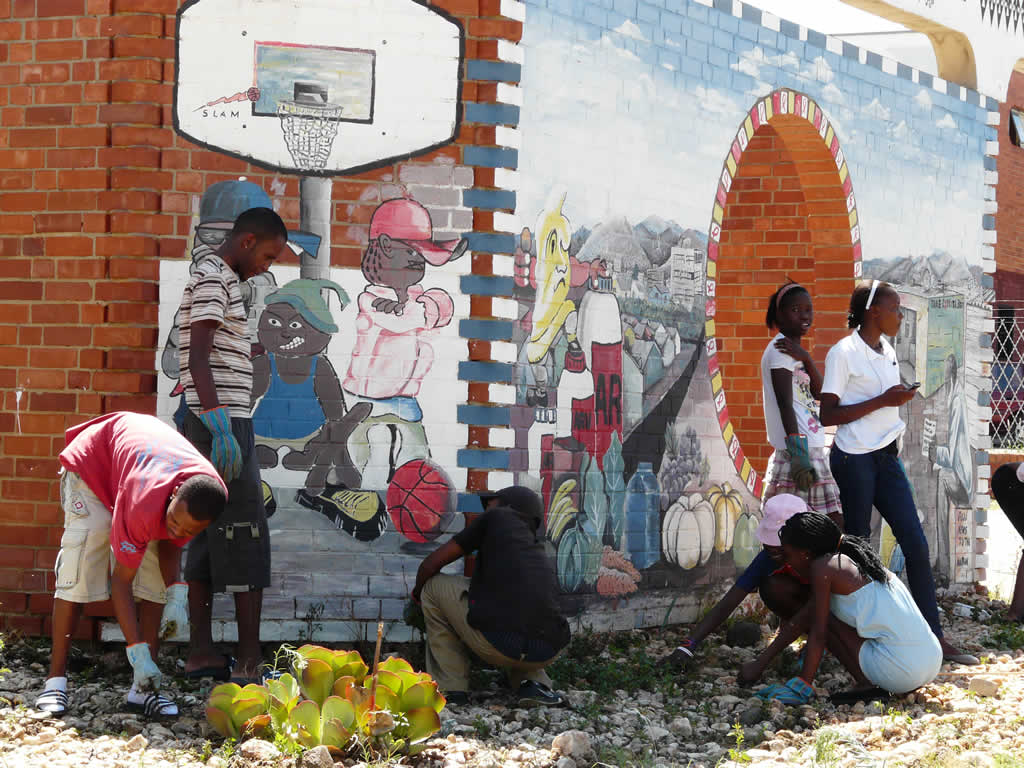
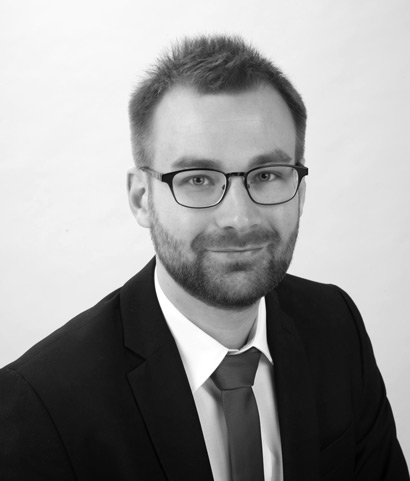

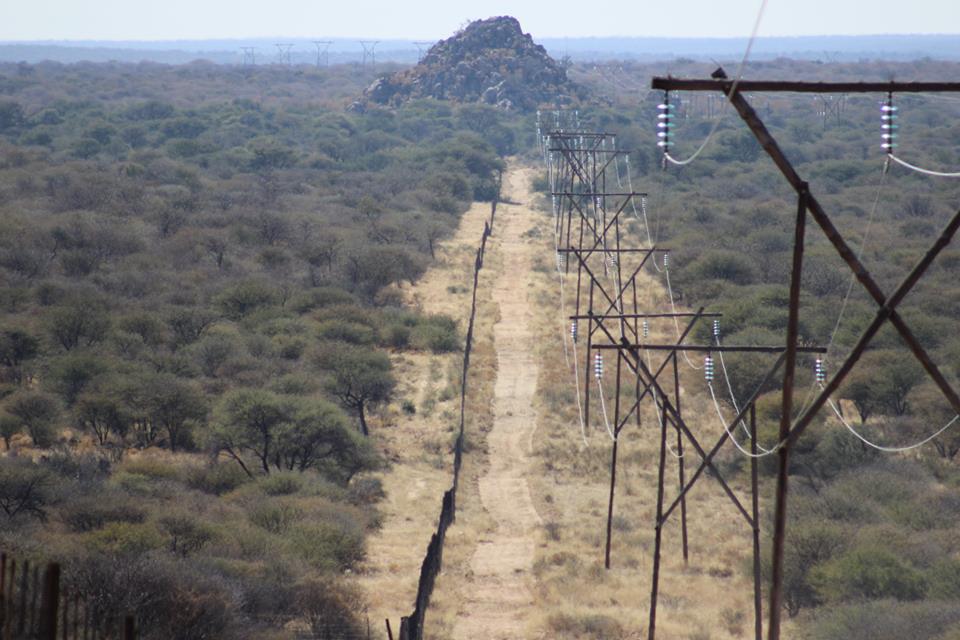
-page-1.jpg)
